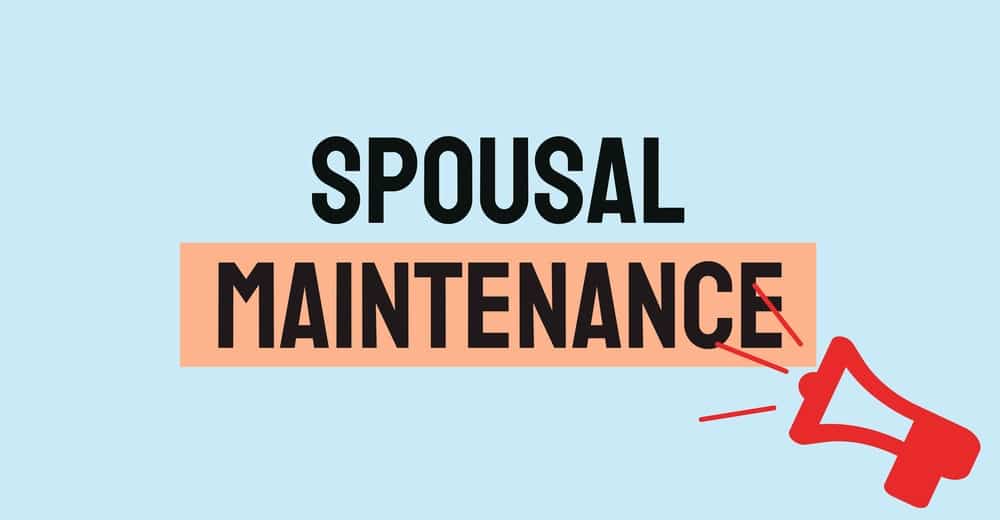
Understanding family law in Illinois, especially regarding spousal maintenance (alimony), can often be confusing and lead to misunderstandings. A common question that arises in divorce proceedings is whether spousal maintenance is an automatic entitlement. This alimony article aims to clarify the nuances surrounding spousal maintenance in Illinois, providing a thorough understanding of its applicability and execution.
Spousal maintenance, commonly referred to as alimony, represents a legal commitment wherein one spouse supports the other financially during and following a divorce. This obligation is designed to mitigate any unjust economic consequences of divorce. Spousal maintenance is crucial for a spouse who hasn’t worked or has lower earnings, ensuring they maintain a reasonable standard of living post-divorce. It’s essential to differentiate between spousal maintenance and other financial aspects of a divorce, like child support or division of property, as each serves a unique purpose and is governed by different principles.
In Illinois, there’s a prevalent misconception that spousal maintenance is a standard element of every divorce settlement. However, this is far from the truth. The granting of spousal maintenance is a complex decision that depends on many factors. It’s not an automatic entitlement but a carefully considered judgment by the court. The court’s decision to award maintenance hinges on a detailed assessment, which includes evaluating the couple’s financial situation, the length of the marriage, and the needs and capabilities of each spouse.
The Illinois legal system takes into account various critical factors when deciding on spousal maintenance:
Illinois offers a diverse range of spousal maintenance options to accommodate the varying needs of couples going through a divorce. Whether it’s temporary support during the legal process, fixed-term assistance for short-term marriages, indefinite maintenance for longer unions, or reviewable maintenance that adapts to changing circumstances, the state’s approach ensures that maintenance agreements are tailored to the specific situation of each couple. This flexibility in the types of maintenance available underscores Illinois’s commitment to providing fair and equitable financial support, reflecting the unique dynamics of each marital dissolution.
Illinois recognizes several forms of maintenance to suit different divorce scenarios:
Spousal maintenance orders are subject to change. Significant life events such as a substantial change in either party’s income, the recipient’s cohabitation with a new partner, or their remarriage can lead to a modification or termination of the maintenance order. Both parties must understand that maintenance is not a permanent fixture but a flexible component that adapts to changing life circumstances.
Spousal maintenance in Illinois is a decision influenced by various factors and reliant on judicial discretion. For those navigating a divorce, grasping these complexities is critical to understanding potential financial outcomes. Consulting with our seasoned Skokie spousal maintenance attorney is highly recommended to navigate these legal waters effectively and ensure fair representation.
If you are interested in receiving or modifying alimony arrangements to ensure your financial well-being, contact Gordon & Perlut, LLC. Understanding your legal options is crucial when it comes to making changes to alimony, especially in cases involving factors like changes in income or financial circumstances. Contact our Skokie alimony attorney at 847-329-0101 or 312-360-0250 to receive an alimony consultation.